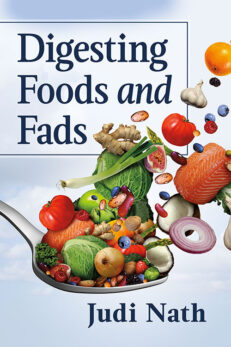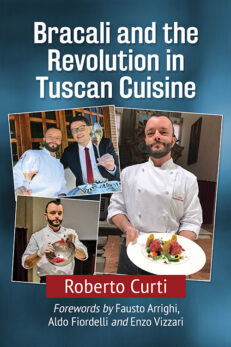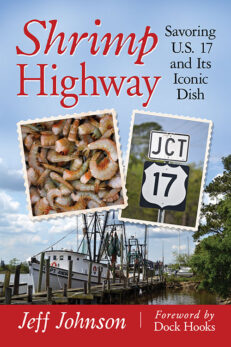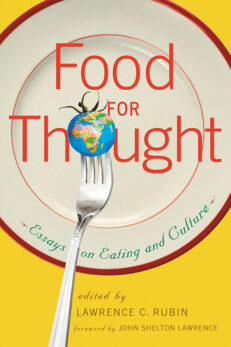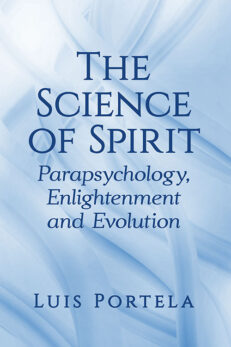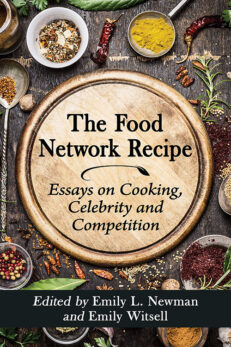The Food Network Recipe
Essays on Cooking, Celebrity and Competition$55.00
20 in stock
About the Book
When the Television Food Network launched in 1993, its programming was conceived as educational: it would teach people how to cook well, with side trips into the economics of food and healthy living. Today, however, the network is primarily known for splashy celebrity chefs and spirited competition shows.
These new essays explore how the Food Network came to be known for consistently providing comforting programming that offers an escape from reality, where the storyline is just as important as the food that is being created. It dissects some of the biggest personalities that emerged from the Food Network itself, such as Guy Fieri, and offers a critical examination of a variety of chefs’ feminisms and the complicated nature of success. Some writers posit that the Food Network is creating an engaging, important dialogue about modes of instruction and education, and others analyze how the Food Network presents locality and place through the sharing of food culture with the viewing public. This book will bring together these threads as it explores the rise, development, and unique adaptability of the Food Network.
About the Author(s)
Bibliographic Details
Edited by Emily L. Newman and Emily Witsell
Format: softcover (6 x 9)
Pages: 263
Bibliographic Info: notes, bibliography, index
Copyright Date: 2021
pISBN: 978-1-4766-7908-2
eISBN: 978-1-4766-4348-9
Imprint: McFarland
Table of Contents
Introduction—Emily L. Newman and Emily Witsell 1
Celebrity and Fandom
The Journey to Flavortown: Guy Fieri, Relatability and Transformative Fandom—Katharine McCain 20
Alton Brown, Good Eats and Audience Engagement: Relevance of Parasocial Principles—Jacki Fitzpatrick and Felix Nora Morgan 36
To the Victor Go the Spoils? Man v. Food as Consumptive and Competitive Spectacle—Brad Klypchak 60
Feminism and Its Complications
The Pioneer Woman: Big House on the Prairie—Leslie Stratyner 76
Paula Deen and Fanny Cradock: The Parallel Declines of Two Grandes Dames of Television Cookery—Marc Muneal 88
Culinary Crimes at the Shame Station: The Food Network’s Role in Policing Indulgent Women—E. Vivian Leigh 105
Pedagogy and Edutainment
The Pedagogy of the Food Network—Erin M. Guydish Buchholz 126
Cooking Class: The Food Network’s Teaching Tools—Pamela J. Monaco 147
Cutthroat Kitchen and the Performance of Disability—Jason Dorwart 168
Authenticity
“This is as Mexican as Taco Bell!” Critiquing Authenticity and Whiteness in Online Comments to the Pioneer Woman’s Recipes—Donica O’Malley 188
The Dislocated Kitchen: The Food Network, Domestic Architecture and the Virtual Food-Axis—Brenda S. Gardenour Walter 206
No Country for Old Food? Food Network and the Making of Italian Food Culture—Francesco Buscemi 224
Bibliography 241
About the Contributors 247
Index 251


